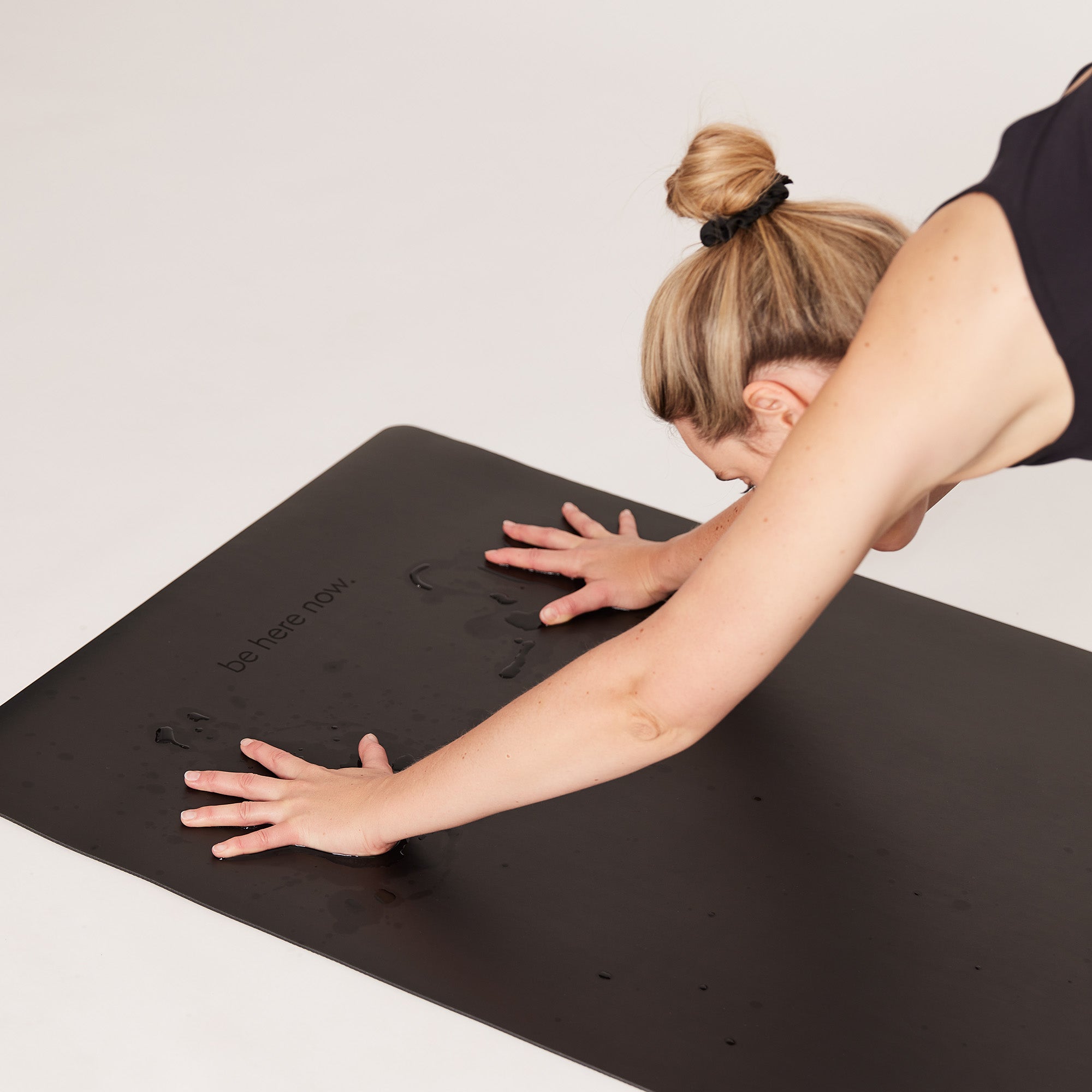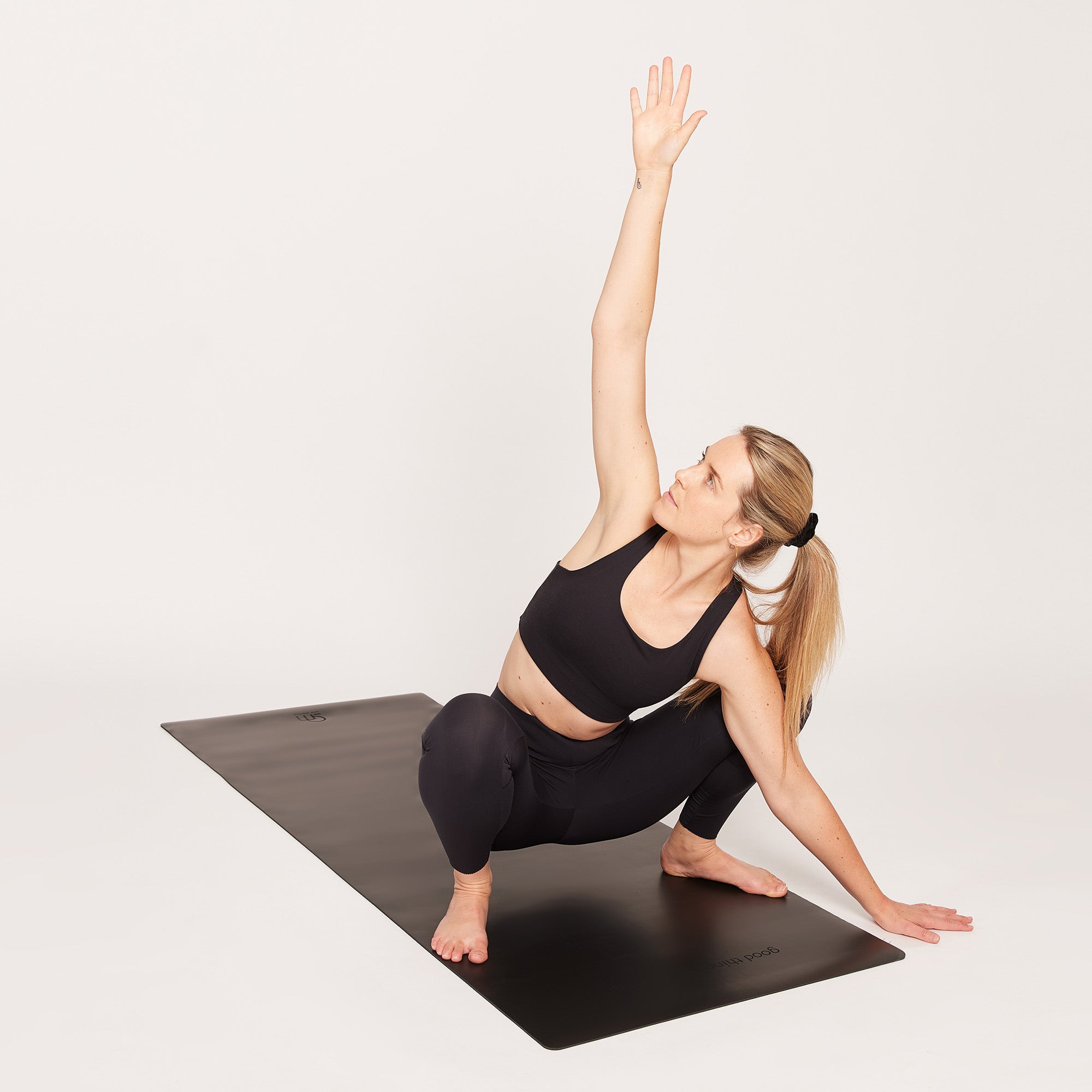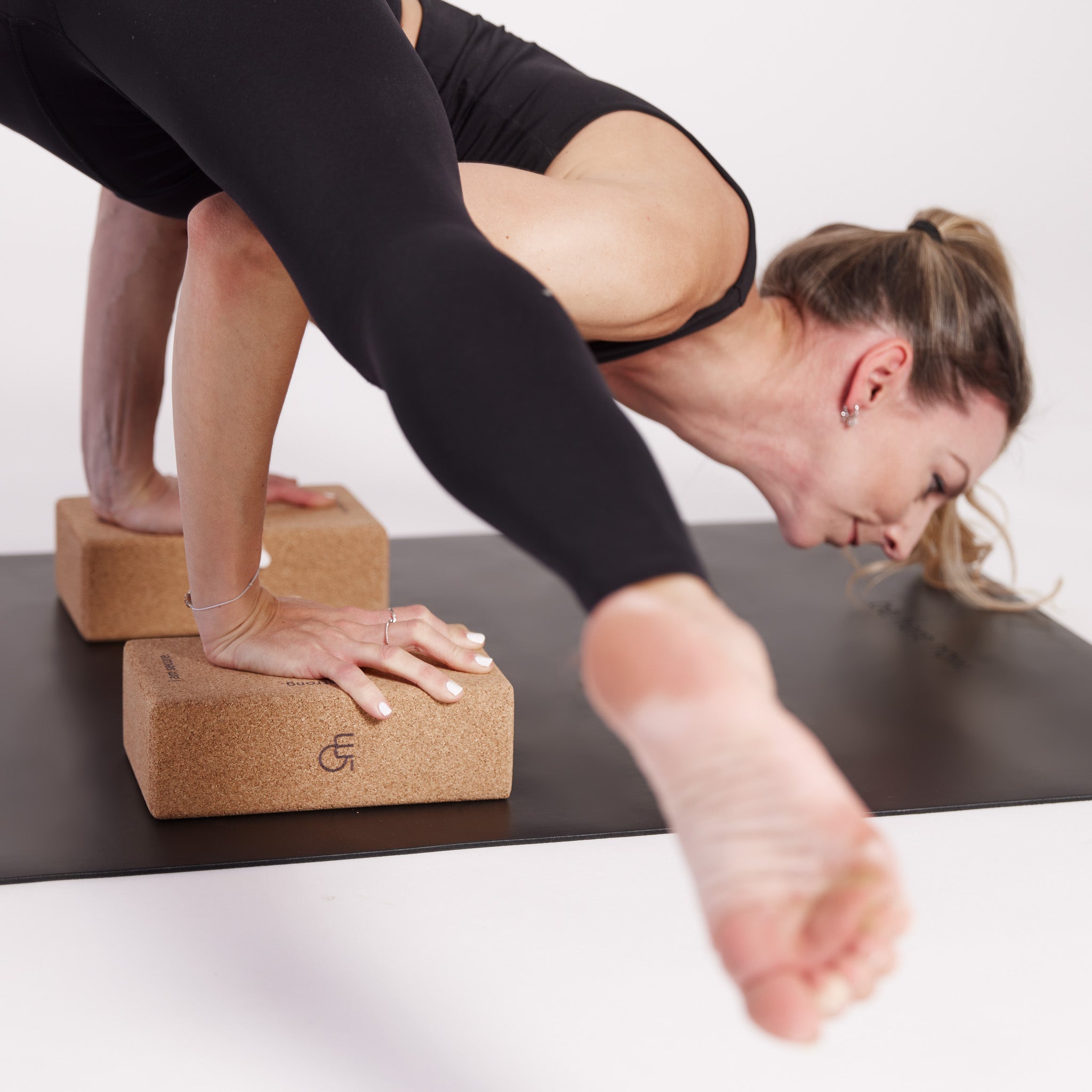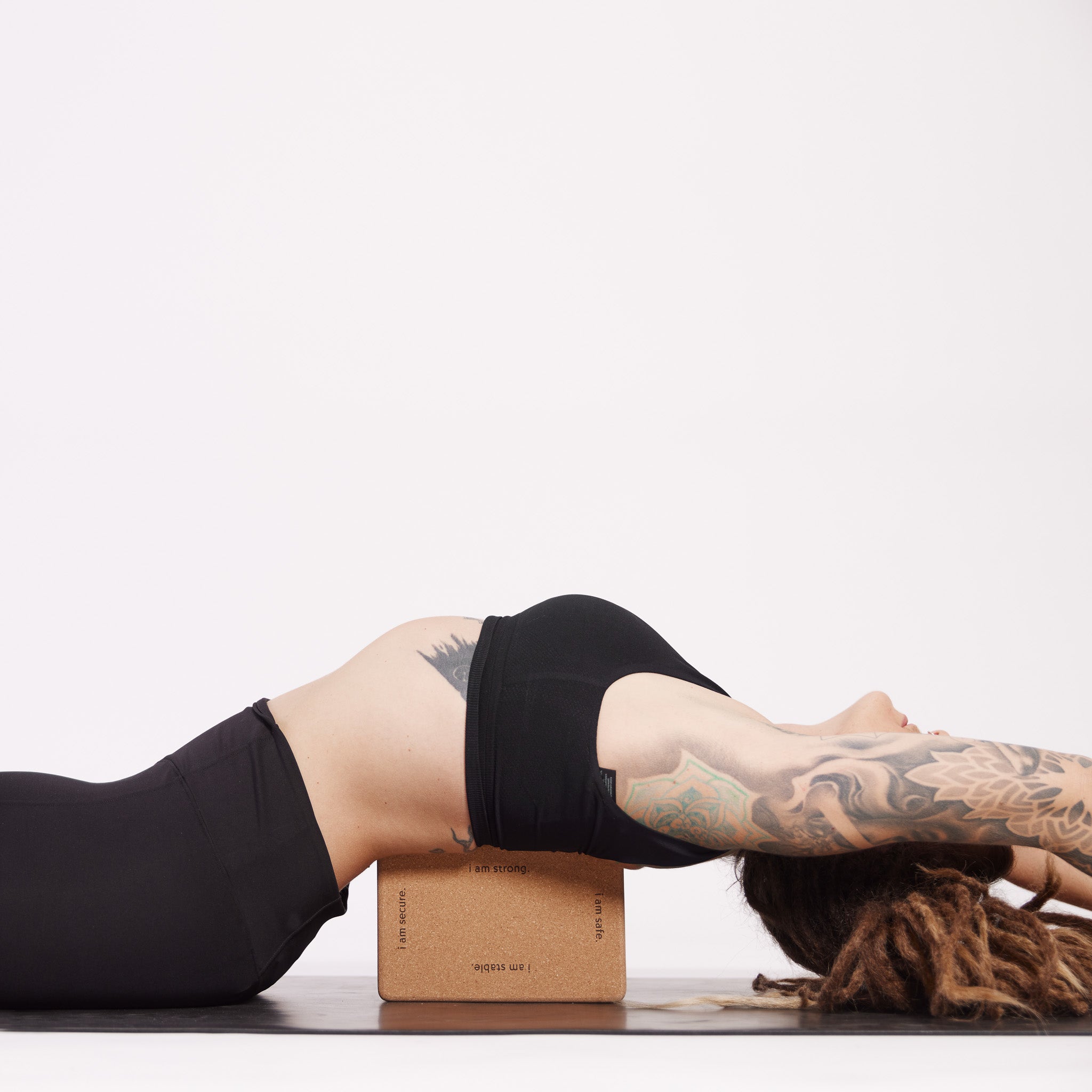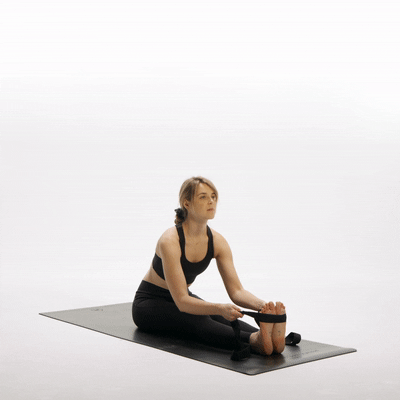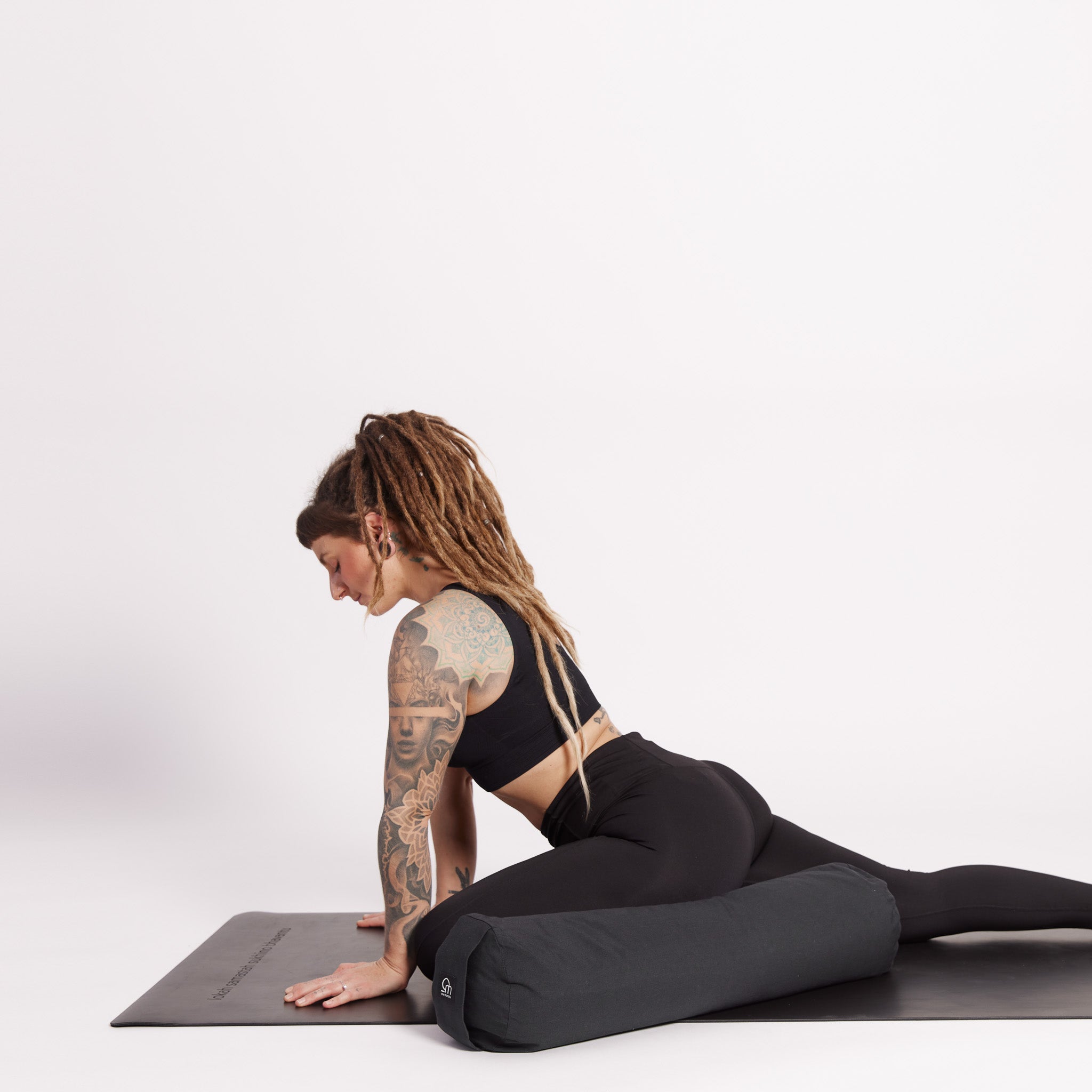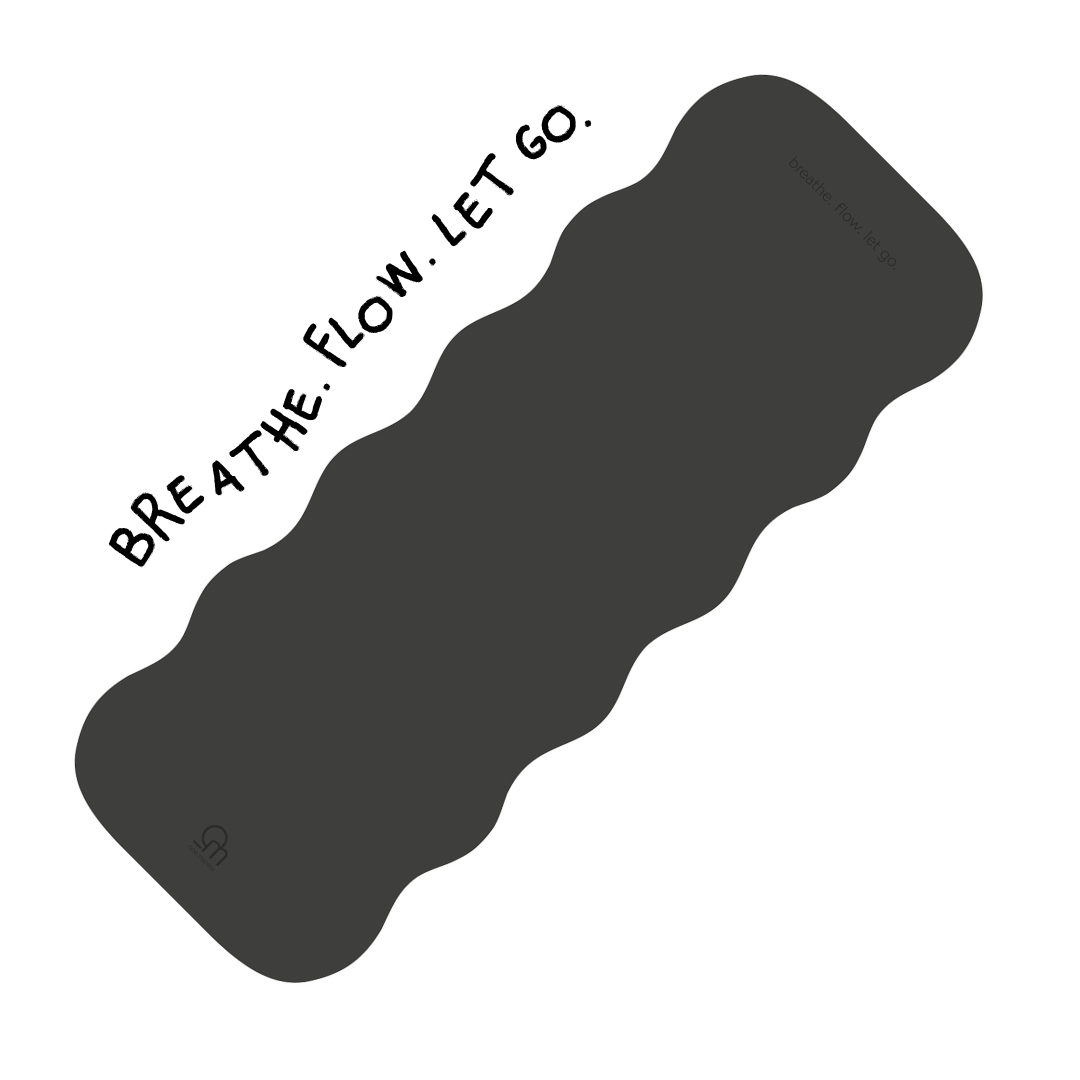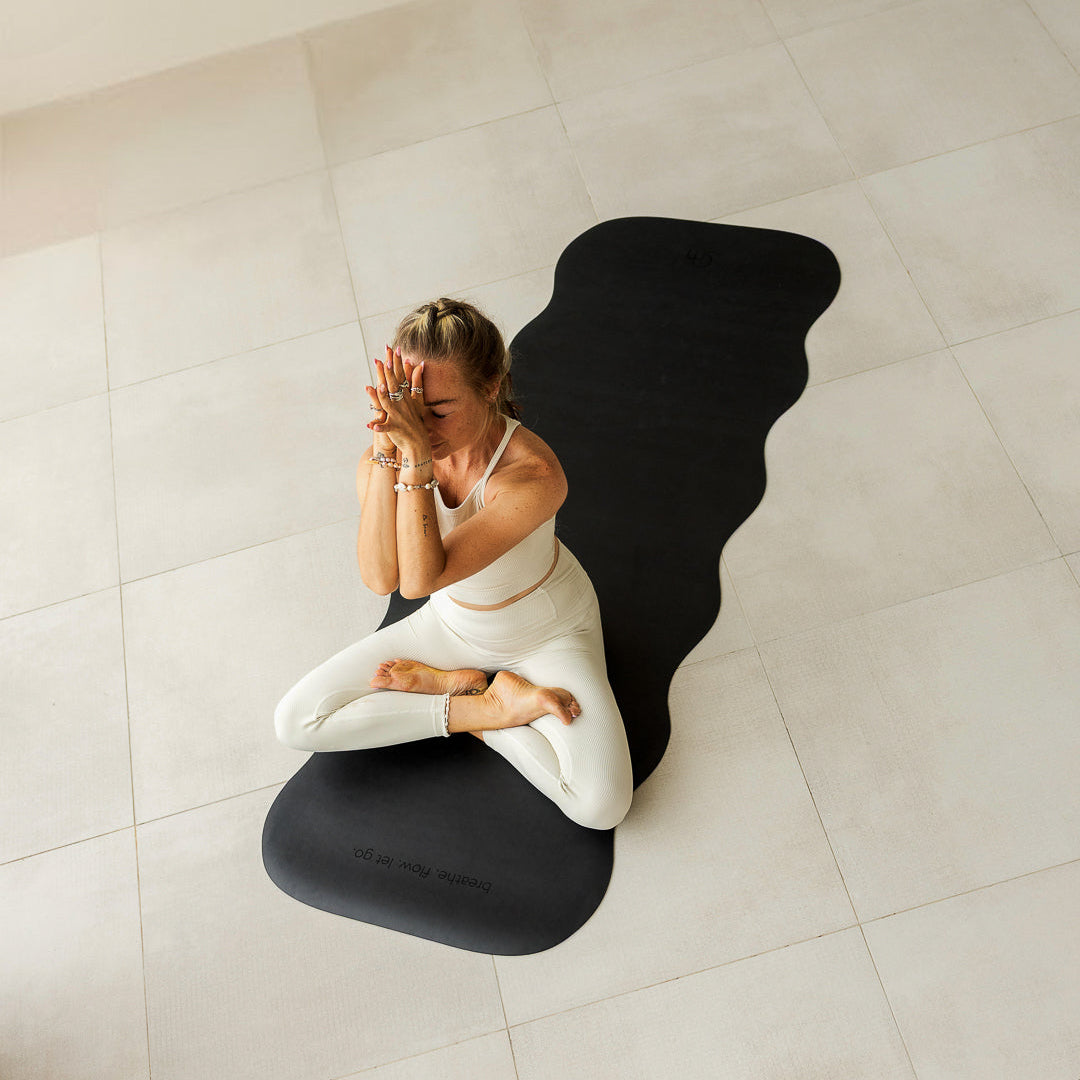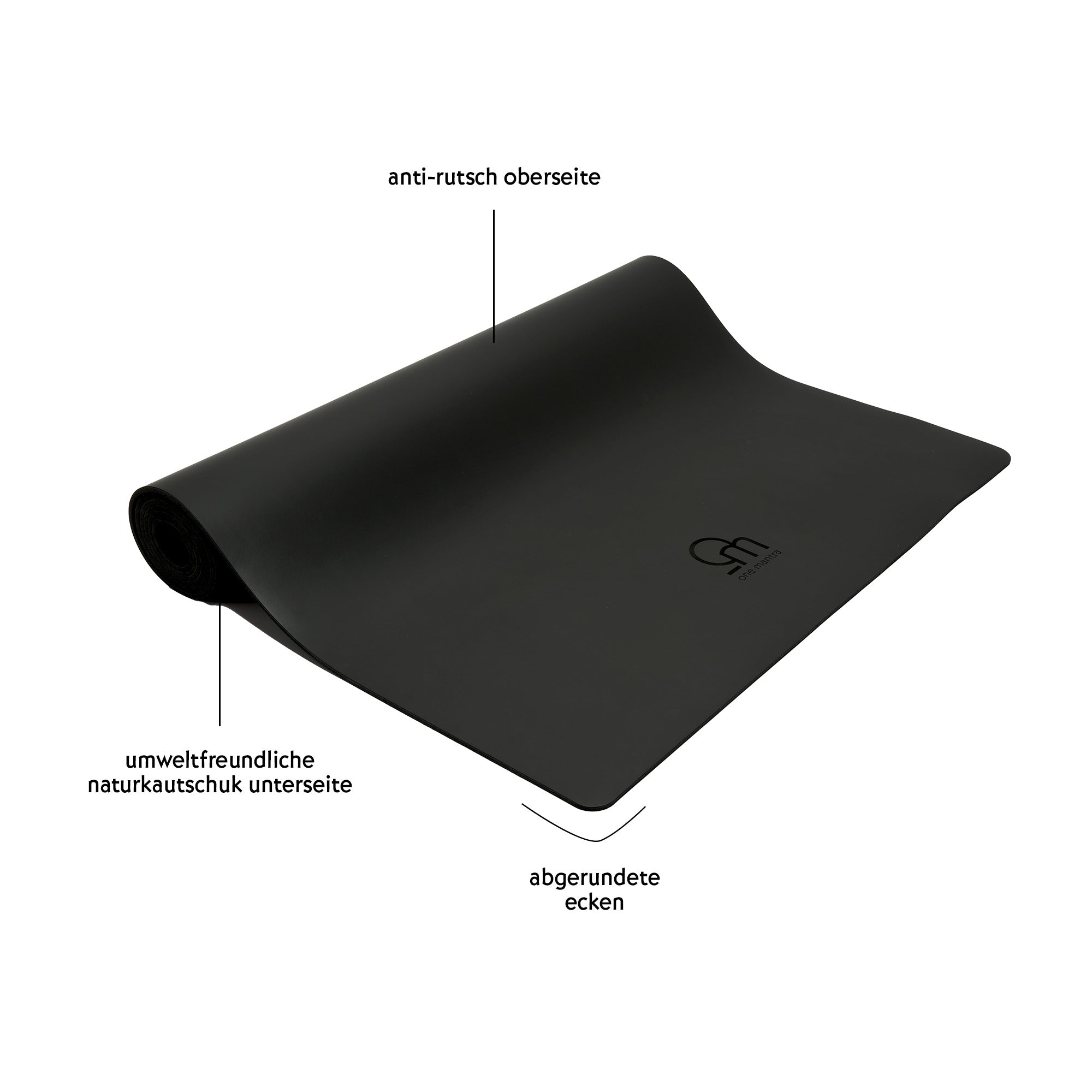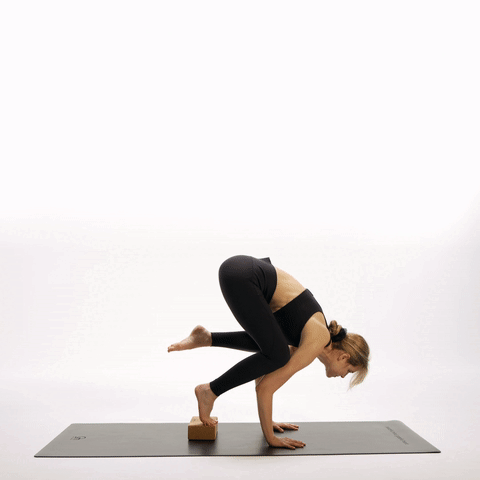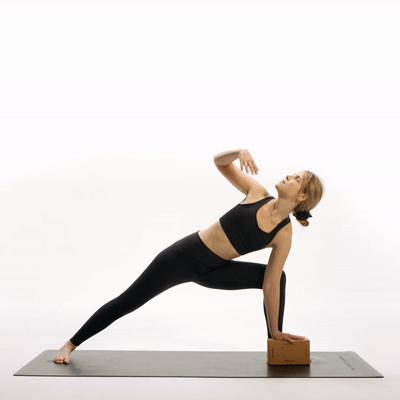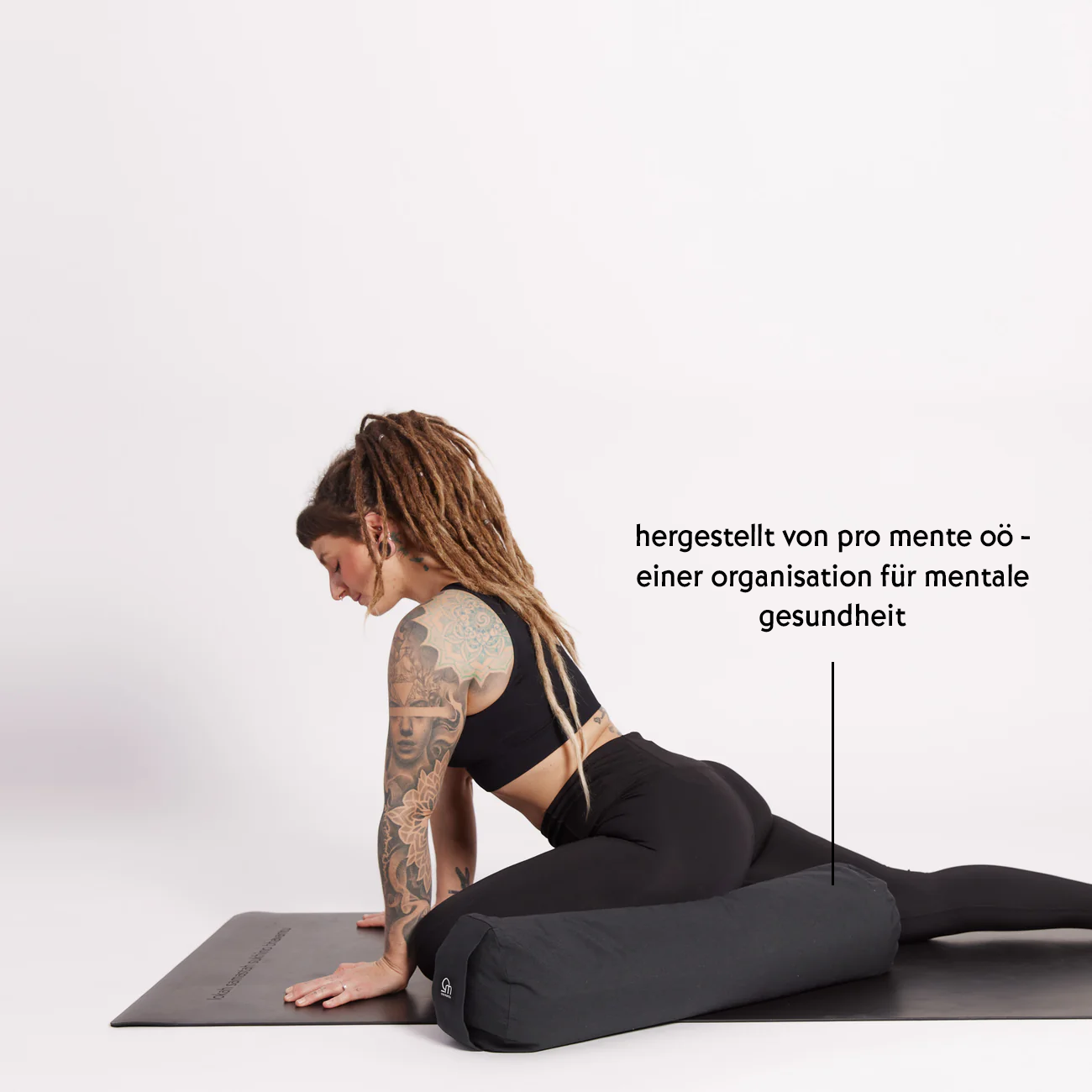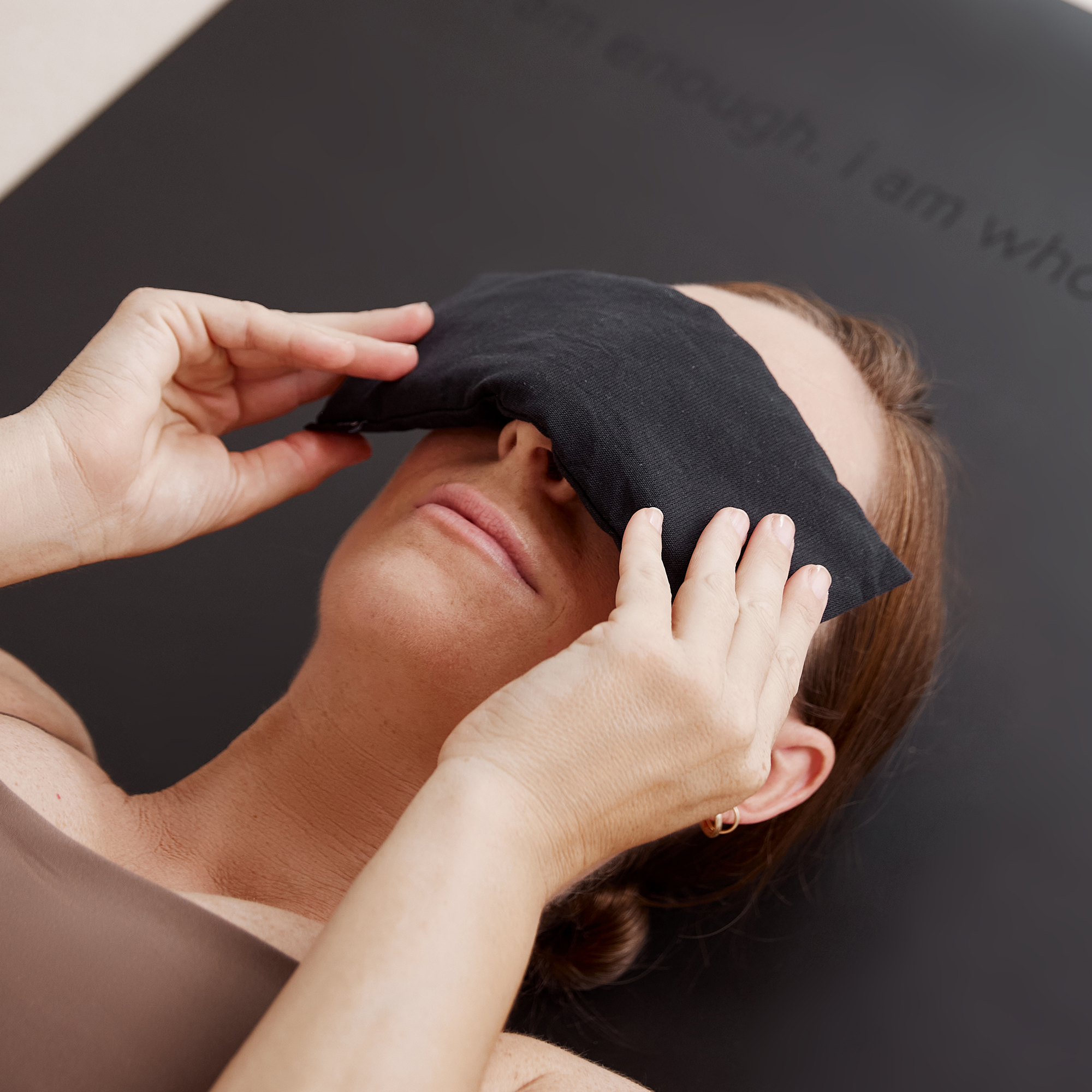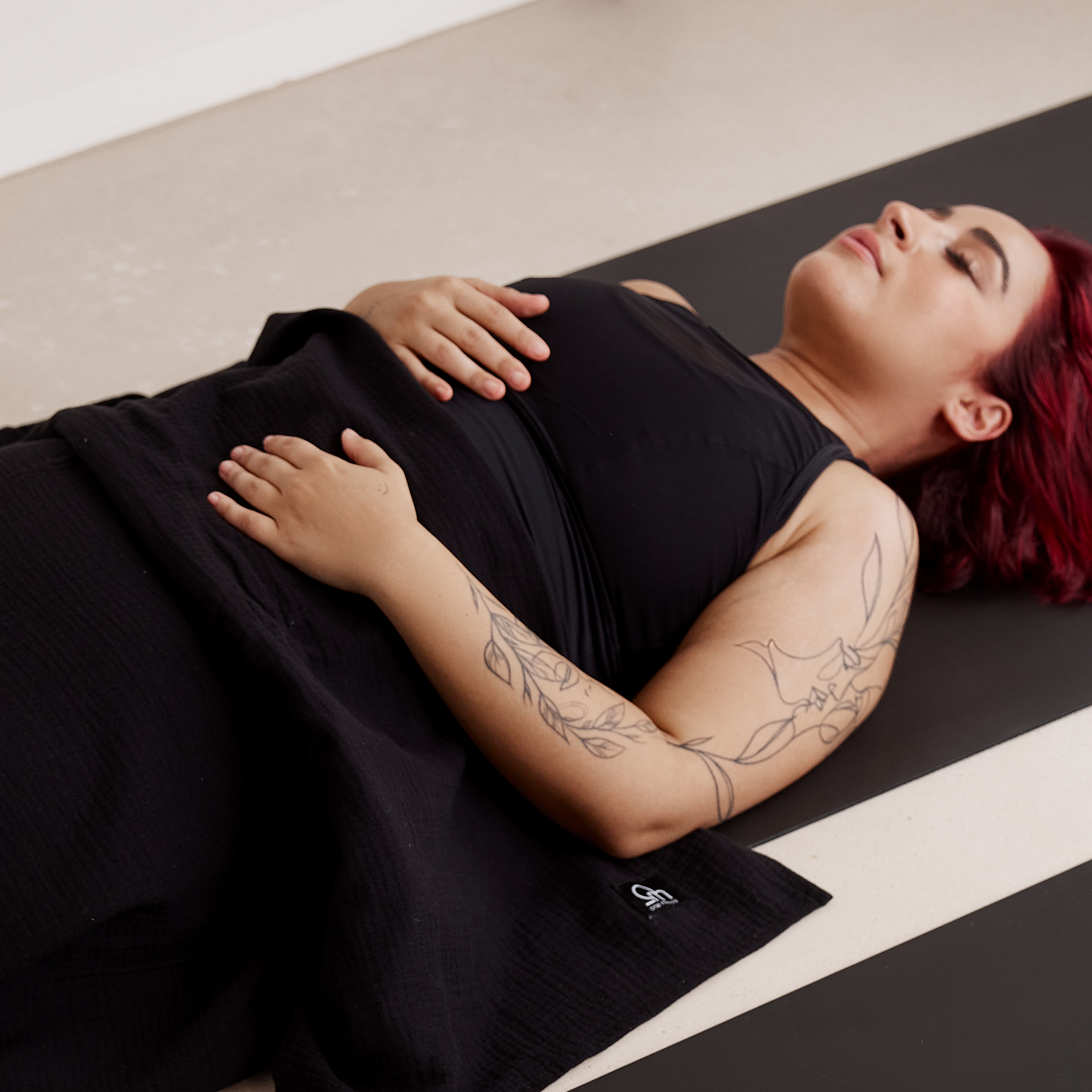In a world that's becoming ever faster, louder, and more demanding, many people are looking for ways to strengthen their mental health. One proven yet gentle method is yoga for mental health. In this article, you'll learn how yoga can positively impact not only your body, but especially your mind.
The following blog post covers these topics:
- What does mental health mean?
- How does yoga affect mental health?
- The best yoga styles for mental health
- Scientific findings
- How to integrate yoga into your everyday life
- Conclusion : Yoga as an anchor for the soul
- The most frequently asked questions about yoga and mental health
What does mental health mean?
Mental health encompasses our emotional, psychological, and social well-being. It influences how we think, feel, and act. Stress, anxiety, and depression are widespread and can significantly limit our quality of life. This is where yoga for the mind comes in.
How does yoga affect mental health?
Yoga combines physical postures (asanas), breathing techniques (pranayama), and meditation. These elements have been proven to have a calming effect on the nervous system, lower cortisol levels (the stress hormone), and promote inner peace.
Benefits of yoga for mental health:
- Reduction of stress and inner restlessness
- Improve sleep
- Increase concentration and mindfulness
- Strengthening emotional resilience
- Relief from symptoms of depression and anxiety

The best yoga styles for mental health
Not every yoga style is equally suitable for the psyche. Particularly recommended are:
- Yin Yoga: Long-held poses that deeply relax and regulate the nervous system.
- Hatha Yoga: Gentle sequences, ideal for beginners.
- Yoga Nidra: Guided deep relaxation, almost like meditative sleep.
- Restorative Yoga: Very quiet practice with props to help you let go completely.
Scientific findings
Studies show that regular yoga can significantly reduce symptoms of anxiety and depression. The combination of movement, breathing, and mindfulness stimulates the parasympathetic nervous system—responsible for relaxation and regeneration.
How to integrate yoga into your everyday life
- Start with short sessions (10-15 minutes in the morning or evening)
- Use apps or YouTube channels for mental health with yoga
- Create a quiet space without distractions
- Practice regularly, even if it is only for a few minutes
 Conclusion: Yoga as an anchor for your soul
Conclusion: Yoga as an anchor for your soul
Yoga for mental health is more than just a trend. It's a holistic method for finding inner balance, reducing stress, and regaining a sense of joy in life. Even a few minutes a day can make a noticeable difference.
The most frequently asked questions about yoga and mental health
How quickly will I feel positive effects?
Many people notice an improved mood, more serenity and better sleep after just a few weeks – provided you practice regularly.
Can yoga replace therapy?
Yoga can complement therapy, but it cannot replace professional psychological or medical treatment. Professional advice should always be sought for serious mental health problems.
What do I need to get started?
Comfortable clothing, a yoga mat , and ideally a quiet environment are all you need. Props like pillows or blankets can be helpful for relaxing styles.
Is there scientific evidence for the psychological effects of yoga?
Yes. Studies show that regular yoga can reduce anxiety, stress, and depressive symptoms. The practice activates the parasympathetic nervous system—our rest and recovery mode.

